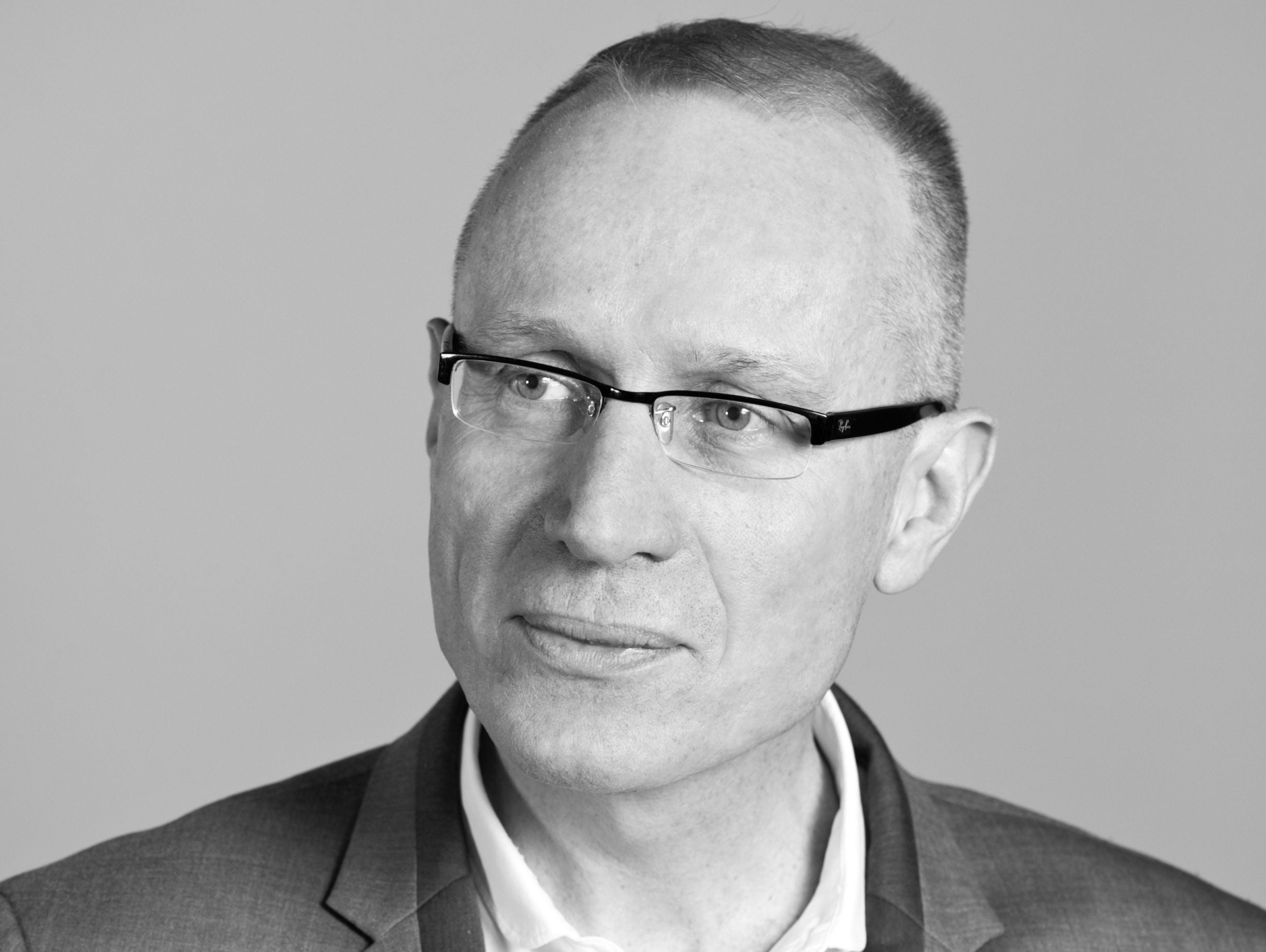
The chief executive of News Corp, parent company of The Sun and Times Newspapers, has warned that digital algorithms at Facebook and Google have “left us perched on the edge of the slippery slope of censorship”.
His comments follow an investigation by The Times that revealed how programmatic advertising has led to adverts from reputable brands appearing alongside extremist online content and porn.
The fallout has included a call today from 24 local newspaper publishers urging advertisers to use them rather than “blind programmatic ad buying”.
Speaking at the Asia Society in Hong Kong Robert Thomson said: “The embarrassment for these advertisers, naturally conscious of their image, is understandable, but the situation is far more serious than mere loss of face.
“Because of YouTube, that is Google, there is a real chance that some of these clients have been funding extremism, whether it be Islamist excess or neo-fascist nonsense, depending on the type of advertising, it is estimated by the ad industry that a YouTube partner, which I can’t believe some of these now are, could earn about 55 per cent of the revenue from a video.
“The rate will vary with the type of ad, but you get the picture.
“In recent years, how many millions of dollars have been channelled to organisations that are an existential threat to our societies?
“Obviously, there will inevitably be more formal investigations by authorities in coming months, and it will be interesting to see where these investigations lead.”
Home Secretary Amber Rudd has called for tech companies like Google and Facebook to recognise they are now publishers and take responsibility for the content they distribute.
Thomson said: “The word Orwellian is flagrantly used and abused. But when it comes to the all-powerful algorithms of Google, Amazon and Facebook, otherwise known as GAF, Orwellian is unused.
“The institutional neglect has now left us perched on the edge of the slippery slope of censorship.
“There has been no tradition, as there is at great newspapers, of each day arguing over rights and wrongs, of fretful, thoughtful agonizing over social responsibility and the freedom of speech.
“What we now have is a political backlash with which these omnipotent companies are uniquely ill equipped to cope. Their responses tend to be political and politically correct.
“Regardless of your own political views, you should be concerned that we are entering an era in which the two most powerful news publishers in human history, and I say that again, the two most powerful news publishers in human history, are going to routinely and selectively ‘unpublish’ certain views and news.
“The obviously grotesque is obvious, but the arguably wrong may be right.”
The News Corp boss quoted figures that claimed Facebook and Google had “about 80 per cent of the digital advertising market” with one advertising bureau estimating they had taken “well over 90 percent of the incremental increase in advertising over the past year”.
A report by strategy consultants OC&C in December last year reported that Google and Facebook claimed up to 53 per cent of the UK’s £4bn online display advertising market in 2016 and said this would increase to two thirds by 2020.
In July last year, Facebook posted its second quarter financial results, revealing advertising revenue was up by 63 per cent to $6,239m (approx. £4,740m) for the quarter compared with the same period last year.
Thomson said: “The digital duopoly [of Google and Facebook] has rewritten the rules in a way that has written much journalism and integrity out of the script.
“Google’s commodification of content, which knowingly, willfully undermined provenance for profit, and then followed by the Facebook stream with its journalistic jetsam and fake flotsam, have created an ecosystem that is dysfunctional and socially destructive.
“Both companies could have done far more to highlight that there is a hierarchy of content, but, instead, they have prospered mightily by peddling a flat earth philosophy that doesn’t wish to distinguish between the fake and the real because they make copious amounts of money from both – for them, free content has been free money.”
“…The only cost of content for these companies has been lucrative contracts for lobbyists and lawyers, but the social cost of that strategy is far higher, as is becoming painfully and thankfully clear.
“It is risible, no, beyond risible, that Google/YouTube, which has earned, literally, hundreds of billions of dollars from other peoples’ content, should now be lamenting that it can’t possibly be held responsible for monitoring that content – monetizing yes, monitoring no.
“But, it turns out that free money does come at a price.”
He added: “It really is time to pay more attention to these algorithms, which are clearly set, tuned and adjusted by the companies to suit their own interests and are far from being objective. When a digital company next blames the autonomous, anarchic algorithm for this or that indiscretion, please mock them mercilessly.
“They naturally love the idea of outsourcing responsibility and insourcing money. These are cool, cutting edge companies and their very coolness has sucked in the susceptible. As G.K. Chesterton said: “Fallacies do not cease to be fallacies because they become fashions.”
“Let’s, for example, look at how Google games the searches for its own products – an independent assessment found that in 25,000 random Google searches, ads for Google products appeared in the most prominent slot 91 percent of the time.
“How on earth is that not the unfair leveraging of search dominance and the abuse of the algorithm? All 1,000 searches for “laptops” started with an ad for a Chromebook – that is 100 percent of the time.
“Candidly, Kim Jong-un in North Korea would be envious of results like that at election time.”
This speech was reproduced in full on the Mediashift website
Picture: News UK
Email pged@pressgazette.co.uk to point out mistakes, provide story tips or send in a letter for publication on our "Letters Page" blog

